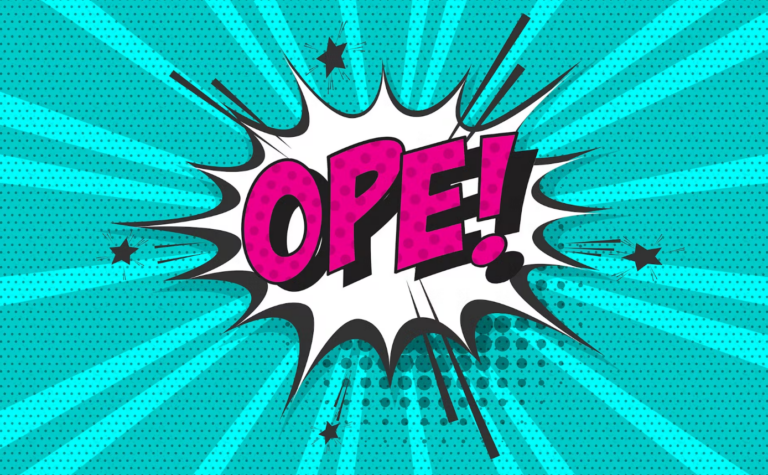
AI in Modern Healthcare: A Summary
“AI” has become a very loaded term in the modern world. Once confined to the realm of science-fiction, it seems every day something new is happening with artificial intelligence. Depending on your media consumption, it seems like it is either a harmless and inevitable technology or the end of much of life as we know it.
The truth is the term “artificial intelligence” has become rather vague nowadays. Some people use it to describe almost any kind of automation enhancement. This is accurate to an extent – at its core, automation is software analyzing data and making a decision. Software is a computer program, which is inherently artificial, and it demonstrates intelligence by deciding based on data and logic. However, those science-fiction aficionados (not to mention futurists and technology enthusiasts) will insist that alone is not AI; real AI is more than an automated process, but something that can learn, develop, and grow (and even then, this is only part of their definition!). Again, this is a simplified view of both sides of the argument, but it gets to the basics.
So why is AI such a hot-button topic now? Well, recent developments have allowed computers to begin learning better than ever before. Chatbots have been developed that have been trained how to understand languages and ideas enough to very realistically mock-up a conversation. Other AI has been trained in how to manipulate graphics and create artwork. AI can be used for self-driving cars, and it can only expand from there to planes and drones to entire metro systems! Except… many of those ideas already exist to some degree: auto-piloting software for planes, automated traffic management systems, and user-assisted aides like spell-check, grammar review, and auto-complete are all stepping stones that led to this point.
Chatbots have a black mark in that they are always confident about the data they provide; however, they’ve really just learned what words are likely to follow each other, using training data and internet search results to talk to a user. AI-generated artwork brings up another point in this puzzle: is it truly original work when it’s just a hodge-podge of pre-existing pieces? People do learn from existing art, but they develop their own sense of style signature based on method, philosophy, intent, and so much more. Obviously, this is a complex issue.
It’s a topic we’ve covered conceptually before with blogs on machine learning, chatbots, and more. Today we are covering this topic because of the acceleration of AI projects in healthcare and the reaction to them. And this somewhat vague and misunderstood and life-changing tool is… vague and misunderstood and life-changing.
Recently, some hospitals have begun exploring how AI can help them develop improvements to an often understaffed and overworked industry. For example, Kaiser Permanente in Oakland, California implemented AI to assist in transcribing appointments. It has been less than ideal, though that doesn’t mean it was a disaster. The software makes mistakes, and clinicians need to go back and edit the details. Rather than eliminate the time clinicians need to take notes, now they need to review pre-written notes and make corrections. That’s just one development, in one hospital. Some are looking into using AI to help diagnose patients, and others are looking at AI to aid in prescriptions processes.
At least partly because of the confidence issues with chatbots, people are very concerned about the accuracy of these services; how it could negatively impact patient care. Others are concerned that AI could eliminate their jobs. Looking back at Kaiser Permanente, we see that nurses and other concerned staff have begun protesting AI developments for both the above reasons. Kaiser Permanente insists that AI is just an aid to the process; clinicians – both doctors and nurses – still need to review this data and proposed solutions.
The same is true with our LabDE and HealthyData products. Our software helps automate discrete resulting and indexing to help eliminate one of the major bottlenecks in modern healthcare systems. Users still need to verify the data, but in the 20 years we’ve been around, we’ve learned a lot and do a great job finding correct data – just ask Hurley Medical Center. This saves hours of work that could be spent elsewhere improving patient care. Is it stealing jobs? No, though some people who were hired solely to handle the analog and manual data-entry will end up performing other duties – that’s an organization’s call. But again, it means more time and money for patient care and even improvements in accuracy!
AI is a lot like other technologies when they were new: it’s strange, it’s different, it probably didn’t work as well when it first came out as when it’s polished. We should go forward, but cautiously. Ultimately, we should care about serving patients and improving care, and AI (be it a simple automation or some actual AI from those sci-fi dreams of yesteryear) can be a powerful tool for that goal.


